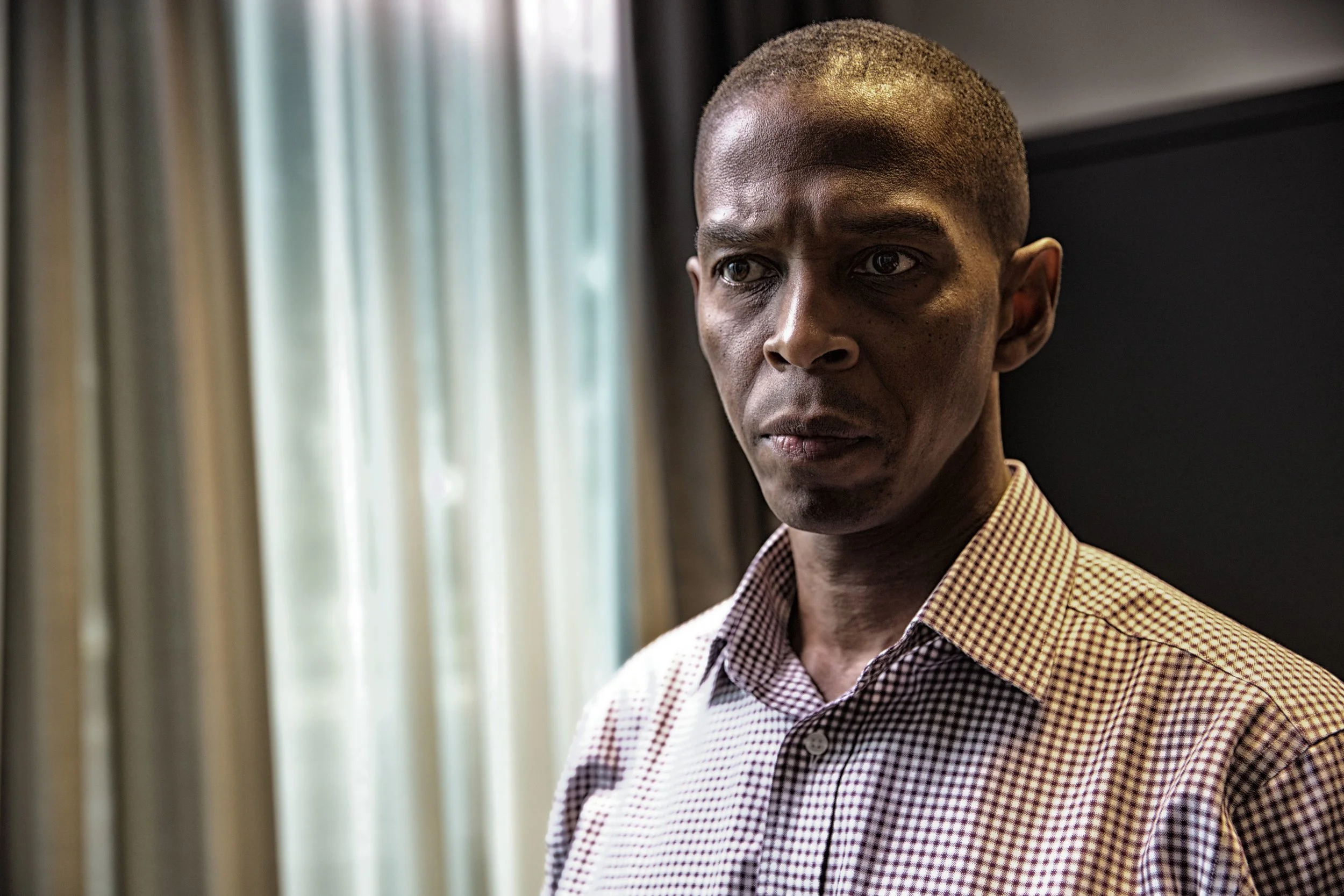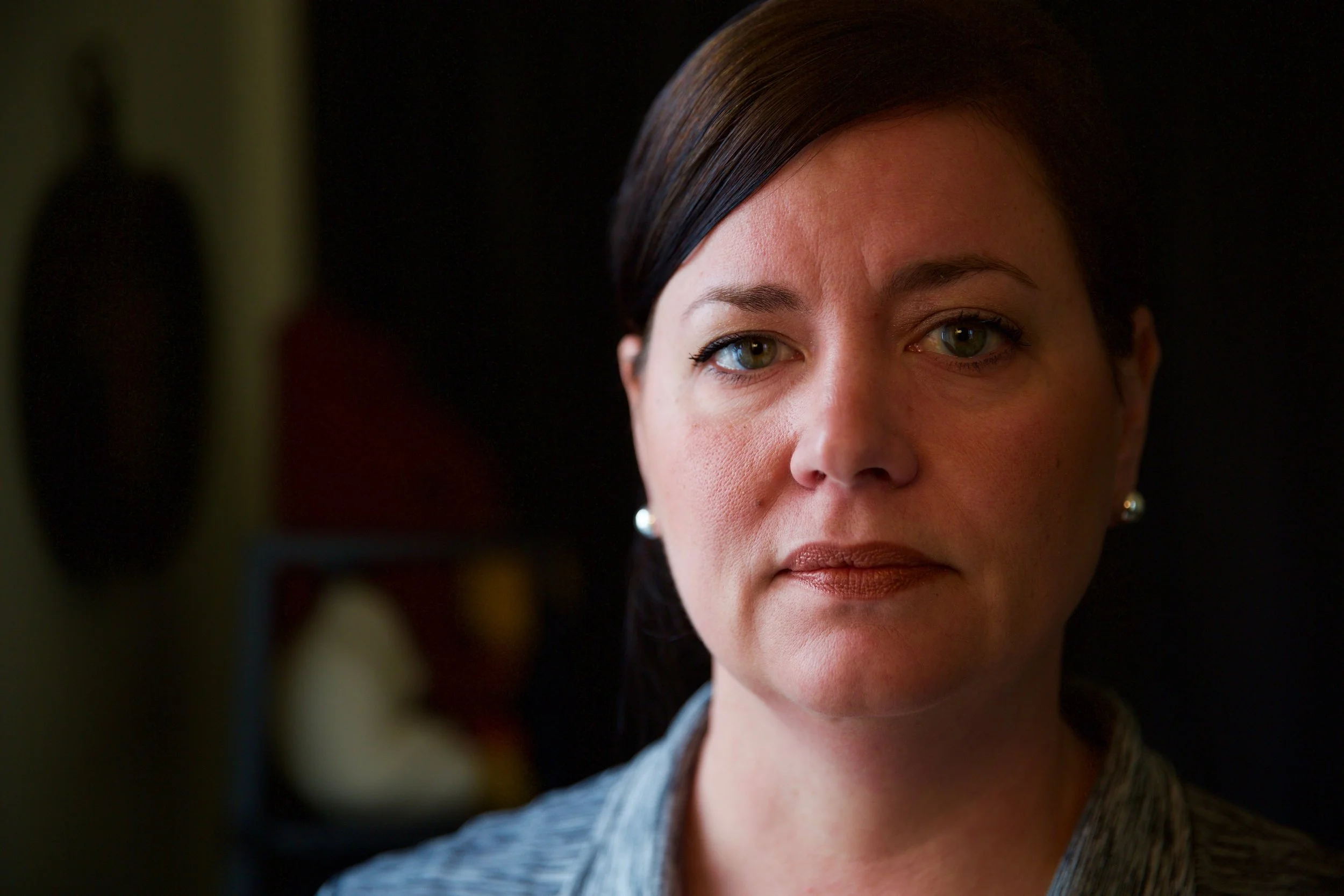Richmond Justice
STORIES + PORTRAITS
Anthony | July 22, 2016
Anthony Mingo is the Program Coordinator of the Richmond Family and Fatherhood Initiative (RFFI) at the Richmond City Health District. Anthony spent 27 years as an entrepreneur and government contractor before becoming a pastor and fatherhood advocate.
My father left my mom when I was six years old. Before he left, there was domestic violence in the home. I’m 56 years old now and I can still remember it; those things stick with you.
I tell the fathers in our programs: "There’s still a hole in me because of my father’s absence in my life." My dad had children by eight different women. I remember praying, at eight years of age, "God, if you bring my dad back, I promise to you that I will never do this to another child." His leaving had a huge impact on me.
You can’t paint a broad brush to explain why dads are absent, especially in African American and Hispanic homes. There are big, complicated reasons why. It has to do with disfranchisement, exclusion, and limited opportunity over generations.
But let’s think about the impact of father absence. The data—and common sense—tell us that if children don’t receive guidance from parents who have a commitment to civility, humility, and good decision-making, the negative impacts of absence or poor parenting can last for decades. With even one parent out of the picture, the future grows dim.
The Richmond Family and Fatherhood Initiative was created by Dr. Donald Stern, former Heath Director of the City of Richmond. For 30 years, he’s been at the forefront of researching father absence and its causal connections. He’s used data to show why it's best for our society when mothers and fathers work together. And we need those partnerships now more than ever. I see our society imploding because of the erosion of the family. We’re asking schools and churches and TV to be our babysitters, our parents. We need parents to be parents, and they more need support.
“Parent absence is a type of trauma. And that trauma can help to explain how a person behaves.”
In collaboration with our partner organizations, we run programs in the community and at the Richmond City Justice Center—our local jail. When I visit the Justice Center, I see promise. I’ve talked to young men and women who run circles around me intellectually, individuals who should be CEOs and teachers and lawyers. But because of one thing that they did, which oftentimes leads to a sequences of one things, they ended up in the justice system. Then, the system established a cycle of punishment that is incredibly difficult to escape.
Each week at the Justice Center, we train about 120 fathers and a smaller group of mothers. When a participant enters our program, it typically takes a few weeks to shake the mistrust and get to a point where he or she will be open. We begin by looking at trauma. Many of us, me included, didn’t always understand why we acted certain ways when we were younger. When I was a kid, I didn’t understand why I was angry and why I fought all the time. One reason was that I didn’t have a father around. This isn't my own theory: The Centers for Disease Control has found that parent absence is a type of trauma. And that trauma can help to explain how a person behaves. Some of our participants experience an epiphany: “Wow, so that’s why I lash out at my children.”
We teach responsible fatherhood and motherhood. All of this is done within peer groups, with each participant held accountable in a non-threatening way. By listening to other people’s stories and engaging with the lessons, participant realize things that they shouldn't have done as parents. But also, they're provided with the tools to be better fathers and mothers—practical strategies for parenting with civility—and encouragement and affirmation that they can do it. They walk out of our program feeling empowered, feeling knowledgeable, and with a greater passion and commitment toward their children.
Co-parenting is the newest component of our program. Dad, who’s incarcerated, and mom, who isn't, have conversations about communication and responsibility, and they commit to a plan. Mom might agree to bring the kids to jail to visit dad. Fathers can be effective parents and contribute to a child’s life even while incarcerated. There are things he can do to help mom. And mom can help to instill in her children respect for dad. The key is that both parents need to surrender their own desires and focus on their little ones.
“We have to get down on our knees and look up, as a child would look up.”
We know that once someone has a felony on his record, he’s going to face stigma and have difficulty finding a job. To me, what’s more significant is the erosion of his ability to be a father to his children. Many will say, “Well, he shouldn’t have made the decision that led him to jail.” Yeah, he shouldn’t have. But how long should he be penalized—for the rest of his child's life? How long should younger generations be penalized for dad's mistake?
Whether or not mom and dad are married, a child will still see them as a family unit. We have to get down on our knees and look up, as a child would look up, and hear what they crave: "Please protect me. Please love me. Please affirm me. Please let me know that you got me." That’s child language, and we have to learn to hear it. We have to get down on our knees and look up.
I have fifteen-year-old twins, a daughter and a son. It’s challenging, but I encourage myself by saying: "If I do this right, I can change my family's legacy." They will marry, they will stay with their spouses, they will raise their own families, and they will teach their children the importance of the family unit. If I have the right conversations with them, those talks can pay dividends decades from now. In scripture, God tells me: If I speak it, I have the opportunity to speak for five generations.
My heart is in this, and not just for those housed at the Justice Center. My heart is in this for the City of Richmond as a whole. I drive two hours each way every day to do this work. It’s a serious commitment. This job is a real calling for me.
— interviewed July 19, 2016
















